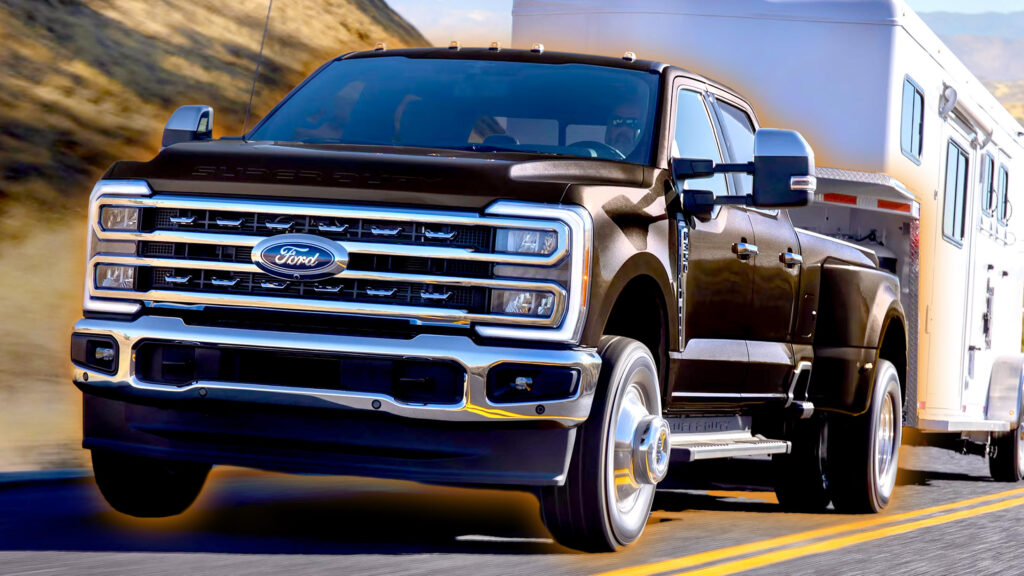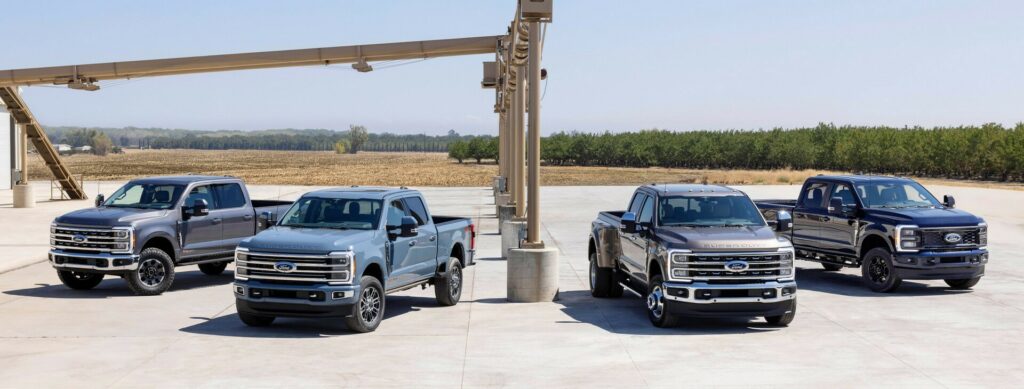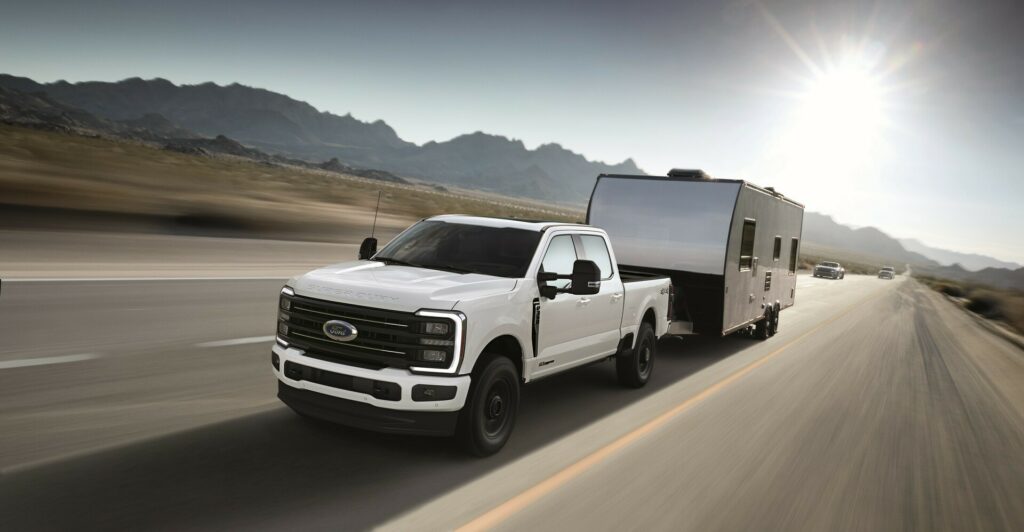
- Fortunately for Ford, none of the five examples recalled appear to be in customer hands.
- Three of the impacted models were shipped to the company’s dealers across the country.
- A tooling fixture changeover at a key supplier has been identified as the cause of the problem.
Several Ford Super Duty models built on March 23, 2025, could have cracked fuel lines and will need to be taken back to a Ford or Lincoln dealer to get fixed. It goes without saying that among the liquids you don’t want to be leaking from your vehicle, gas has to be at the top of the list, particularly when that fuel line is running through the engine bay.
var adpushup = window.adpushup = window.adpushup || {que:[]};
adpushup.que.push(function() {
if (adpushup.config.platform !== “DESKTOP”){
adpushup.triggerAd(“0f7e3106-c4d6-4db4-8135-c508879a76f8”);
} else {
adpushup.triggerAd(“82503191-e1d1-435a-874f-9c78a2a54a2f”);
}
});
Ford has revealed that deviations at a supplier triggered by a tooling fixture changeover mean the hose insertion fixtures at the fuel return line connector workstation were misaligned. As such, the connector, hose, and fixture may be misaligned, and the connectors could be cracked. If fuel leaks on a hot engine, it may trigger a fire, and someone’s prized F-Series might be burned to the ground.
Read: 2025 Ford F-Series Super Duty Puts The 7.3L V8 Behind A Hefty Paywall
What’s Ford’s solution? Well, the car manufacturer wants its dealers to replace the fuel return line assemblies free of charge.
Fortunately for Ford, the recall only impacts five 2025 Super Duty models built on March 23. The automaker notes that drivers of the impacted vehicles would notice a fuel smell or get a check engine light if the fuel return line is cracked.

Ford was first alerted to the issue in early March by its supplier. On March 18, a shipment of 18 engine assemblies from the supplier arrived at Ford’s Kentucky Truck Plant but were not inspected for potential fuel line cracks. All engines were installed in Super Duty vehicles the following week.
The carmaker later learned that eight of these 17 vehicles were loaded on railcars and left the plant without being inspected. Three of these were delivered to dealers while five were held at In-Transit Repair (ITR) dealerships. However, two of the trucks at the ITR dealer were not repaired, nor were the three sent to dealers. It is these five vehicles that are being recalled.
var adpushup = window.adpushup = window.adpushup || {que:[]};
adpushup.que.push(function() {
if (adpushup.config.platform !== “DESKTOP”){
adpushup.triggerAd(“bb7964e9-07de-4b06-a83e-ead35079d53c”);
} else {
adpushup.triggerAd(“9b1169d9-7a89-4971-a77f-1397f7588751”);
}
});
